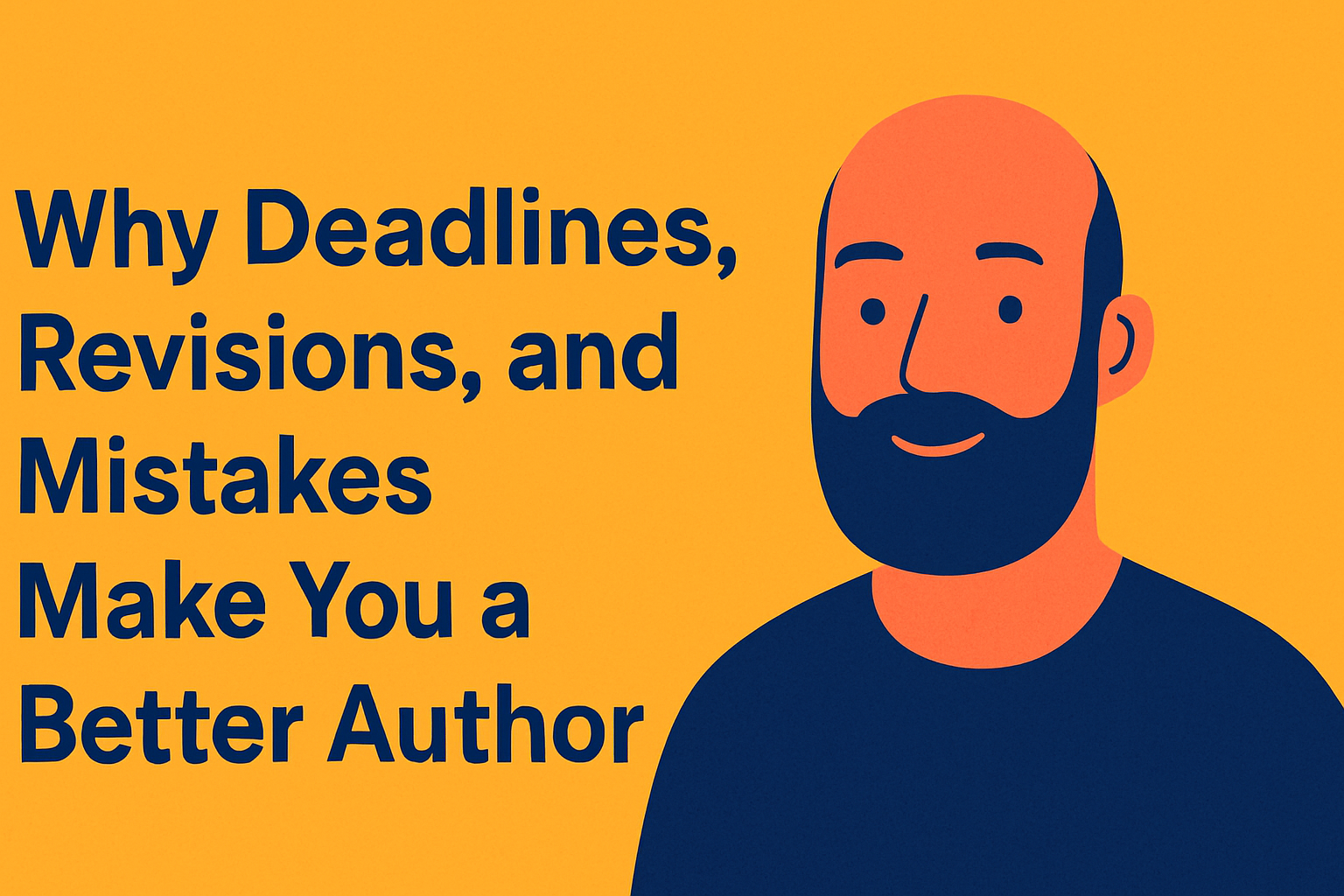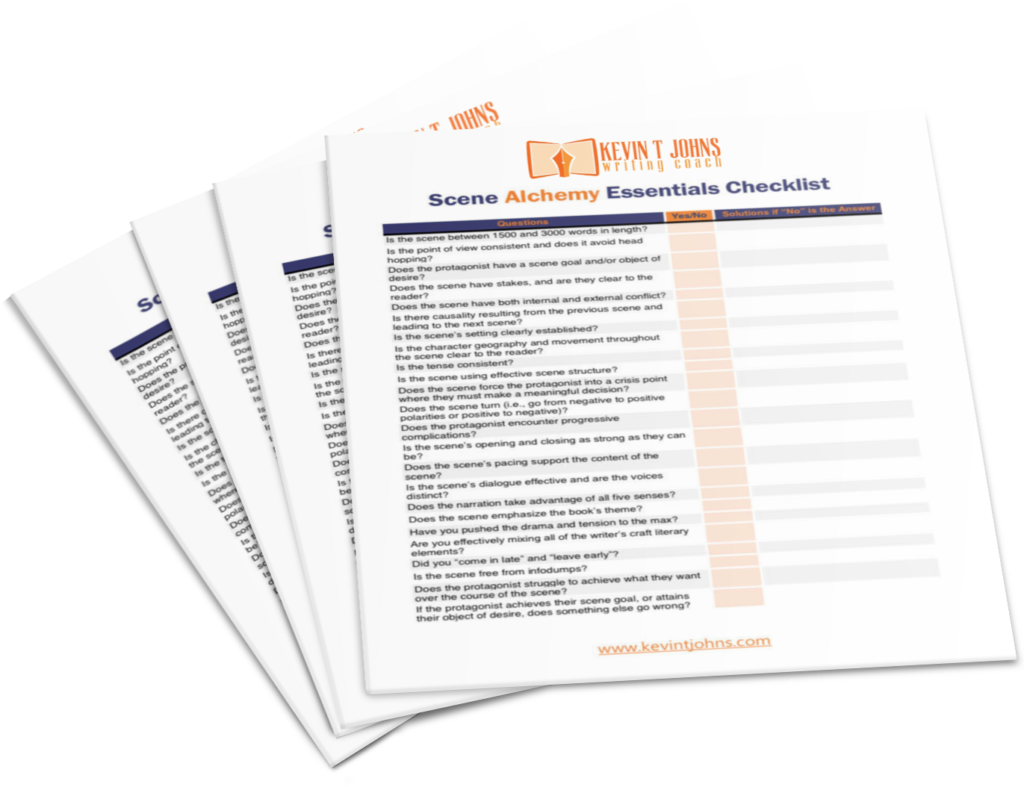As a writing coach and author, I’ve seen firsthand the patterns that separate struggling writers from the ones who actually finish strong. And here’s something most people don’t realize: it’s not about some magical spark of genius.
It’s about habits. Mindsets. Practices that consistently support your creativity instead of stifling it.
Today, I want to dig into a few powerful lessons that every writer needs to hear.
Deadlines Aren’t the Enemy: They’re the Secret Weapon
If you want to write more, create better work, and actually finish your creative projects, you need deadlines.
Real deadlines.
Not vague promises like, “I’ll write when I have time.”
I’m talking about solid, unavoidable finish lines that force you to make decisions and move forward.
In my programs like Story Plan and First Draft, deadlines are baked right into the structure.
And the feedback I get from writers over and over again?
“Thank you for enforcing the deadlines.”
Deadlines weed out the perfectionism.
They strip away the endless tweaking.
They help you stop trying to make things perfect—and instead, make them different and interesting.
When you have no choice but to hit the next milestone, magic happens.
(And hey, if you can’t trust yourself to stick to a self-imposed deadline? Get a writing coach, join a program, or sign a contract. Make the deadline real.)
Professionals Aren’t Perfect… They’re Resilient
One of the biggest mindset shifts beginner writers need to make is understanding this:
Pros are just amateurs who know how to recover gracefully from their mistakes.
Newer writers often approach the page like it’s a minefield.
What if I mess up?
What if I write the wrong thing?
What if I get it all wrong?
Here’s the truth: you will mess up. You will write the wrong thing. And that’s fine.
The difference is that pros don’t panic.
They roll with it. They laugh. They learn. They adjust.
They know that one mistake (or a hundred) doesn’t kill a book. They trust the process of revising, reworking, and rebuilding.
If you can let go of the fear of mistakes, you’re one giant leap closer to writing like a pro.
The Path to Greatness is Paved with Revisions
Good work is written.
Great work is rewritten.
One of the hardest lessons for beginning writers is realizing that your first draft isn’t supposed to be amazing.
It’s just supposed to exist.
Real writers know that making something great takes going over it again and again—polishing, cutting, tightening, deepening.
It’s not a sign that you “did it wrong” if you have to revise your book.
It’s a sign that you’re doing it right.
Writing is iterative. Every pass through your draft is an opportunity to make it better.
And that mindset of embracing the revision process ties perfectly into the next idea…
Separate Creation From Improvement
You can’t write and edit at the same time.
You can’t invent and inspect simultaneously.
If you try to judge every sentence as you type it, you’ll strangle your creativity before it even has a chance to get going.
That’s why planning matters so much.
If you go into your writing sessions knowing the rough shape of your story—thanks to a good outline, good research, and good preparation—you can sit down and just write.
No second-guessing. No plot confusion. No stopping to fix every little thing.
Unleash the creator first. Worry about the editor later.
This is why I created Story Plan Intensive—because separating the planning phase from the drafting phase allows writers to tap into their best, most free-flowing creative energy without paralyzing themselves with constant judgment.
Talent Isn’t Fair—But Hard Work is Unlimited
Talent isn’t distributed fairly.
Some people are born with a little extra magic dust when it comes to words or ideas or music or art.
And you know what?
It doesn’t matter.
Because no matter where you’re starting from, there’s no limit on how much you can improve.
You can’t choose the natural gifts you were born with.
But you can choose to outwork, outlearn, and outpractice almost anyone.
You can develop your craft.
You can strengthen your storytelling instincts.
You can become a better writer every single day.
Hard work, perseverance, willingness to revise, and the courage to keep showing up—those are the traits that lead to great novels.
Not some magical fountain of genius.
Writing a novel isn’t about being perfect.
It’s not about waiting for inspiration.
It’s about committing to the process:
- Embrace deadlines.
- Expect mistakes—and recover from them.
- Revise, revise, revise.
- Separate creating from judging.
- And trust that no matter where you start, you can always get better.
That’s the mindset that turns aspiring writers into published authors.
And that’s the path that’s waiting for you, too.
—
Kevin T. Johns is a writing coach who helps authors ditch perfectionism, embrace the creative process, and build the resilient habits it takes to finish great novels. Get his checklist for turning ordinary scenes into literary gold:







